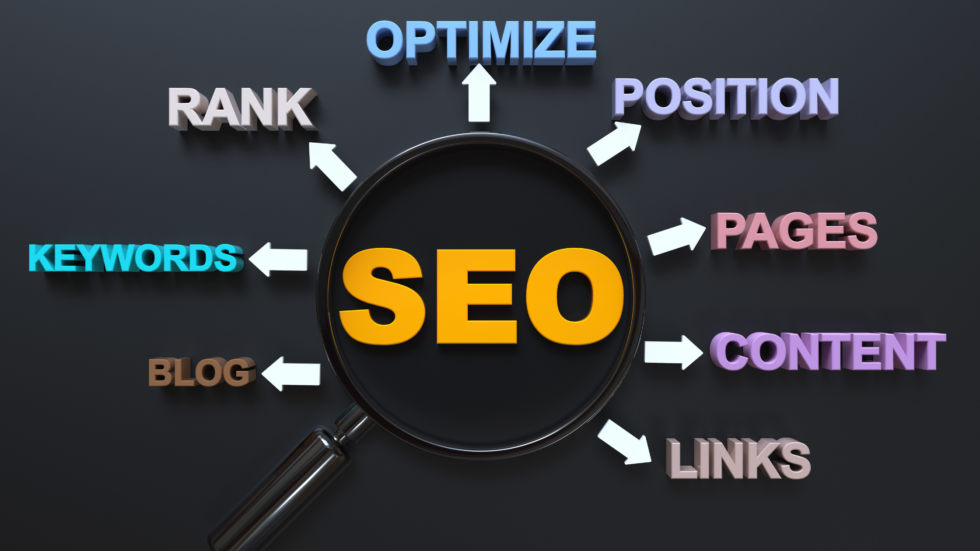Article -> Article Details
| Title | What is the difference of digital marketing and SEO? |
|---|---|
| Category | Internet --> SEO Services |
| Meta Keywords | Search Engine Optimization, Web Design & Development |
| Owner | David Campbell |
| Description | |
Differentiating Digital Marketing from SEO: Understanding Key DistinctionsIn today's digital age, businesses rely heavily on online strategies to reach their target audience and drive growth. Two terms commonly associated with online marketing are digital marketing and SEO (Search Engine Optimization). While both are essential components of a comprehensive online marketing strategy, they serve distinct purposes and employ different tactics. Let's explore the differences between, understanding of their roles in driving online success. Digital Marketing: A Holistic Approach to Online Promotion Digital marketing encompasses a broad range of strategies aimed at promoting products or services using digital channels. It involves leveraging various online platforms and tools to connect with target audiences, build brand awareness, and drive conversions. Key components of digital marketing include:  Content Marketing: Creating and distributing valuable, relevant content to attract and engage target audiences, ultimately driving profitable customer action. Social Media Marketing: Utilizing social media platforms to build a community around the brand, foster relationships with customers, and promote products or services. Email Marketing: Sending targeted email campaigns to nurture leads, build relationships with customers, and drive sales or conversions. Pay-Per-Click (PPC) Advertising: Running paid advertising campaigns on search engines or social media platforms to increase visibility and drive traffic to a website. Analytics and Data Analysis: Monitoring key performance metrics, analyzing data, and making data-driven decisions to optimize marketing efforts and improve ROI. Digital marketing takes a comprehensive approach, utilizing a mix of strategies to achieve marketing objectives across multiple channels. It focuses on engaging with audiences at various touchpoints throughout their online journey and building relationships that drive long-term value for the brand. SEO: Enhancing Online Visibility and Organic Traffic SEO, on the other hand, specifically focuses on optimizing a website to improve its visibility in organic search engine results. The primary goal of SEO is to increase the quantity and quality of traffic to a website by ranking higher in search engine results pages (SERPs). Key elements of SEO include: Keyword Research: Identifying relevant keywords and phrases that potential customers use when searching for products or services related to the business. On-Page Optimization: Optimizing various on-page elements such as meta tags, headings, and content to align with targeted keywords and improve search engine crawlability and relevance. Off-Page Optimization: Building backlinks from authoritative and relevant websites to enhance the website's credibility and authority in the eyes of search engines. Technical SEO: Addressing technical aspects of website optimization such as site speed, mobile-friendliness, and site structure to improve user experience and search engine rankings. Content Creation: Producing high-quality, relevant content that satisfies user search intent and provides value to the audience, while also incorporating targeted keywords. SEO is essential for businesses looking to increase their online visibility and attract organic traffic from search engines. By optimizing their website for relevant keywords and providing valuable content, businesses can improve their chances of ranking higher in search results and reaching potential customers at the moment they're actively searching for solutions. Key Differences and Integration While digital marketing and SEO share the common goal of driving online success, they differ in their approaches and focus areas. Digital marketing encompasses a wide range of strategies aimed at promoting products or services across various online channels, while SEO specifically focuses on optimizing a website to improve its visibility in search engine results. However, the two disciplines are not mutually exclusive, and integrating them can yield synergistic results. For example, digital marketing efforts such as content marketing and social media can complement SEO by generating backlinks and driving traffic to the website, while SEO can enhance the visibility and effectiveness of digital marketing campaigns by ensuring the website ranks well in search results. In conclusion, while digital marketing and SEO serve distinct purposes, they are both essential components of a comprehensive online marketing strategy. By understanding their differences and integrating them effectively, businesses can maximize their online presence, reach their target audience, and drive sustainable growth in the competitive digital landscape. | |
